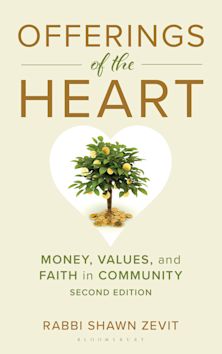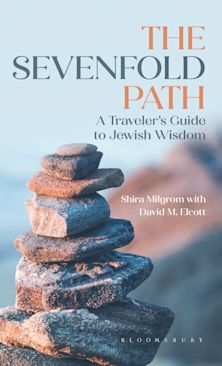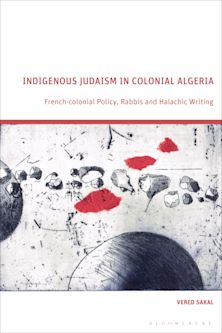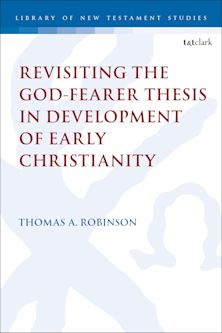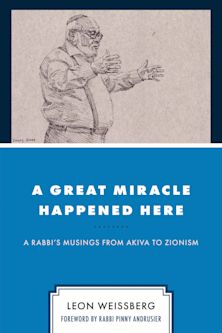Emerging Trends in Third-Generation Holocaust Literature
Emerging Trends in Third-Generation Holocaust Literature
This product is usually dispatched within 1 week
- Delivery and returns info
-
Free US delivery on orders $35 or over
Description
Emerging Trends in Third-Generation Holocaust Literature offers fresh approaches to understanding how grandchildren of Holocaust survivors and perpetrators treat their traumatic legacies. The contributors to this volume present a two-fold perspective: that the past continues to live in the lives of the third generation and that artistic responses to trauma assume a variety of genres, including film, graphic novels, and literature. This generation is acculturated yet set apart from their peers by virtue of their traumatic inheritance. The chapters raise several key questions: How is it possible to negotiate the difference between what Daniel Mendelson terms proximity and distance? How can the post-post-memorial generation both be faithful to Holocaust memory and embrace a message of hope? Can this generation play a constructive educational role? And, finally, why should society care? At a time when the lessons and legacies of Auschwitz are either banalized or under assault, the authors in this volume have a message which ideally should serve to morally center those who live after the event.
Table of Contents
Victoria Aarons
Chapter 2. “Things will never be alright again”: Third Generation German Jewish Literature and the Questions of Remembrance, Reconciliation, and Revenge
Luisa Banki
Chapter 3. Julie Orringer's The Flight Portfolio: A New Turn in Holocaust Representation
Alan L. Berger
Chapter 4. Categories of Catastrophe: Third-Generation Reckoning in Susanne Fritz's Becoming a Child of War
Katra Byram
Chapter 5. The “Tumor of Memory” in The Origin of Violence
Nathalie Debrauwere-Miller
Chapter 6.: Numbers and Portraits: Reframing Auschwitz Tattoos in Numbered (2012)
Elke Heckner
Chapter 7. Representations of Identity and the Holocaust Archive in Third-Generation Graphic Narrative: Nora Krug's Belonging: A German Reckons with History and Home
Dana Mihailescu
Chapter 8. Writing Inherited Stories: A Study of Representational Anxiety in Australian Third-Generation Holocaust Literature
T
Product details
| Published | Aug 08 2023 |
|---|---|
| Format | Hardback |
| Edition | 1st |
| Extent | 238 |
| ISBN | 9781666932515 |
| Imprint | Lexington Books |
| Illustrations | 2 b/w photos; |
| Dimensions | 9 x 6 inches |
| Series | Bloomsbury Studies in Jewish Literature |
| Publisher | Bloomsbury Publishing |
Reviews

ONLINE RESOURCES
Bloomsbury Collections
This book is available on Bloomsbury Collections where your library has access.












